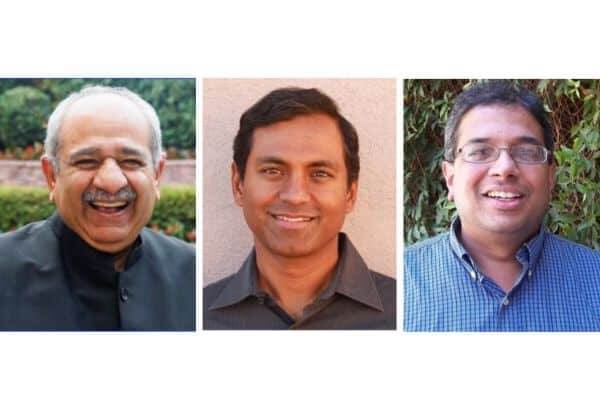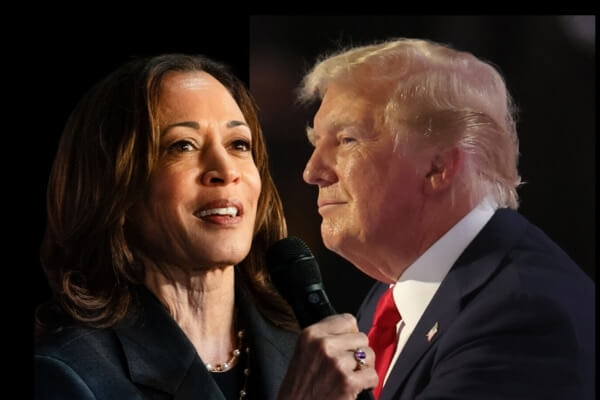The South Asian diaspora, an economically influential group in the US, has a complex view of Donald Trump. It is an immigrant community, torn between its economic success, which may lean Republican, and its social minority status, which would lean Democratic and a perspective that is surprisingly neutral on South Asia itself — if the candidates are not explicitly against their home countries.
These preferences are shaped by a blend of cultural identity, economic interests, and individual experiences within the community. Even their name varies: are they Asian Indian, Indian, Pakistani or Bangladeshi American, or are they all South Asian? Historically, this is like the even more diverse Latino demographic, where Cubans, with their memory of Communism, are usually Republican, while Mexicans and Dominicans lean Democratic. South Asians’ varied perceptions of the Presidential candidates exemplify this complexity.
One area where South Asians do not matter: their actual number. They are usually too small to make a difference. However, their outsize economic influence, ability to contribute to political parties and efforts to run for office through organised efforts like Indian American Impact leads to disproportionate influence. It is estimated that the Indian American PAC (Political Action Committee), Hindu-American PAC and others have contributed over $20M (USD) since 2020. Often over $3M (USD) has been raised in a single night, which rivals numbers raised in Hollywood parties. South Asians may have a small numerical voice, but Indians, in particular, have a huge financial megaphone.
Moreover, strong opinions drive stronger contributions. Business leaders Suresh Jaswal from New Jersey and Naren Velu from Arizona exemplify this as anti-Trump Republicans, who they feel is neither Republican nor conservative but a populist. “Trump just beat Hillary Clinton because she was a poor candidate”, says Suresh, and “she trusted the wrong polls and did not even visit Wisconsin or Michigan”, opines Velu.
Salma Gulshan, a Pakistani American doctor, is a Republican who is also uncomfortable with Trump as a past and possibly future President. Nowadays, to be President, “you don’t have to be a great person–just a great con artist.” Jaya, a high-income professional, takes a broader view. While she agrees that Trump’s policies might benefit her personally, she is more concerned about the country’s well-being: “Cutting taxes may help me, but I don’t think that is good for the country. I would vote against my interest but select a Democrat.” Jaya also emphasises the importance of women’s rights and gun regulations, stating, “Republicans want to put in harsher controls after overturning Roe v. Wade.”
Ravneet, a bank executive from the Southwest, expresses disdain for Trump. She describes him as untrustworthy and “an idiot. I can’t stand him or listen to him anymore–I don’t like him or trust him.” Ravneet’s sentiments are indicative of a segment of the votary that views Trump’s leadership as fundamentally flawed.

In contrast, Ravi Palanivelu, a Democrat and university professor, has an unfavourable opinion: “People need to be in government to serve people while Trump is running solely to stay away from prison. He lies. He instigated his base and caused the insurrection on Jan 6, 2021. On the other hand, Biden protected the government against the insurrection, led us out of the pandemic and implemented laws like the Inflation Reduction Act, the CHIPS Act, so we are now better placed than any other country. I would have supported him for another four years but also support Kamala Harris.”
However, Harris herself, the Vice President, receives mixed reviews. She is seen as a symbol of progress for Indian Americans, while others are cautious about her stance on issues related to India. For instance, Harris’s comments on Kashmir have raised concerns among Indian American voters. This also reveals one thing. South Asia itself plays a tiny role—if the candidates are not vocally against their country of origin. However, in her memoir, The Truths We Hold, Harris emphasises that her family “instilled us with pride in our South Asian roots.” Using the term “South Asian” rather than specifically identifying with India may resonate with some. Regardless, another Pakistani American business leader dislikes both political parties. “I don’t support either. Disgraceful that these two are the only ones this country could come up with.”
As the 2024 election approaches, these perspectives will play a role in shaping the political landscape. The growing engagement of the South Asian community suggests that its influence will only continue to expand and make it even more key in future elections. The successful candidate will be one who speaks to general American interests for the most part, with only minor attention being given to their foreign policy on South Asia.
Read more: Kamala Harris endorsed as Biden exits race





